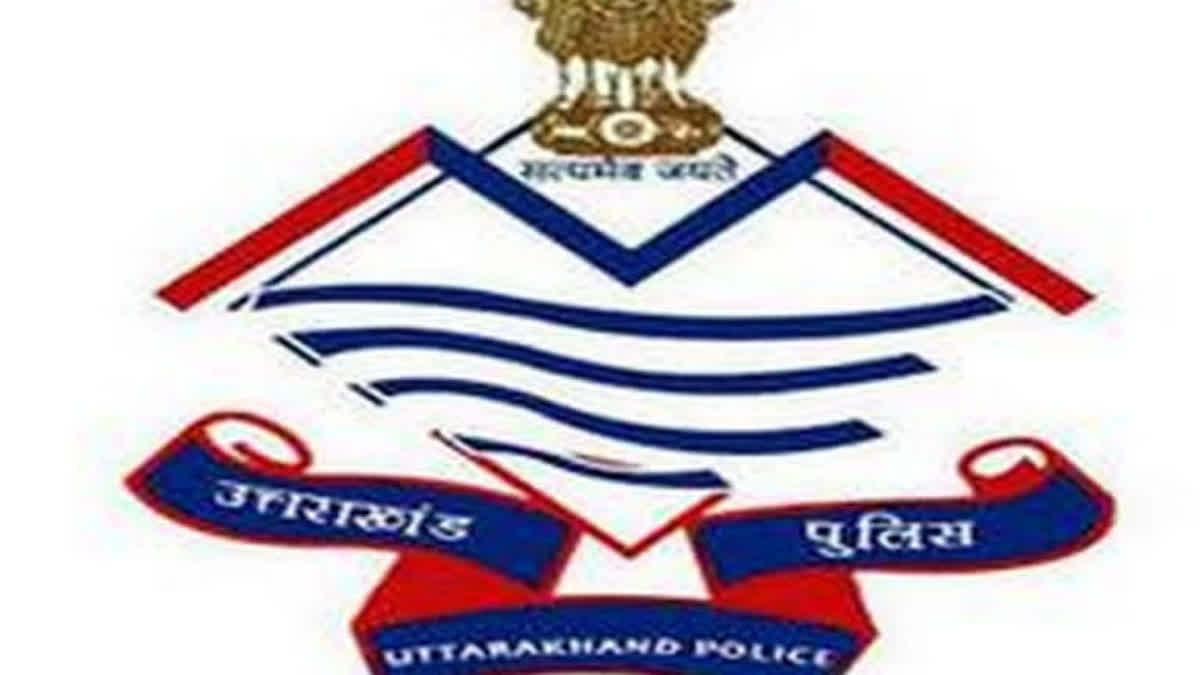Dehradun: Uttarakhand Police Wednesday issued detailed guidelines, including a 100 per cent verification of hotel and 'dhaba' staff, and installation of CCTV cameras in their kitchens, to stop incidents of people spitting in food items, which Chief Minister Pushkar Singh Dhami recently termed "thook (spit) jihad".
Director General of Police Abhinav Kumar issued the guidelines days after two men were arrested in Mussoorrie for allegedly spitting into fruit juice glasses before serving them to tourists. A video from Dehradun had also gone viral in which a cook could be seen allegedly spitting while making dough for rotis.
Taking serious note of such incidents, CM Dhami recently said there is no place for "thook (spit) jihad" in the Devbhoomi of Uttarakhand and stern action will be taken against offenders, he said. The state police chief's guidelines are in keeping with the chief minister's warning.
A 100 per cent verification of people working in business establishments like hotels and dhabas should be done, the guidelines said, adding business managers should be encouraged to install CCTV cameras in their kitchens. According to the guidelines issued to district police, they can take the help of local intelligence units to prevent such incidents in open spaces like kiosks and pushcarts.
Special attention should also be paid to this during patrolling, the guidelines said. Police can also take the help of the Health and Food Department for random checks at hotels and dhabas, according to the provisions.
The DGP said the offenders should be booked under Section 274 of the Bhartiya Nyaya Sanhita (adulteration of food and drink intended for sale) and section 81 of the Uttarakhand Police Act (arrest without warrant for creating public nuisance, knowingly spreading rumours or causing false alarm to mislead police, fire brigade or any essential service).
If the act in question has an adverse effect on religion, ethnicity, language etc., then action should also be taken under relevant section 196 (1) (B) ( promoting enmity between different groups based on religion, race, language, place of birth, or residence) or 299 of BNS (deliberate and malicious acts that are intended to insult the religious beliefs or religion of any class of citizens in India).
A public awareness campaign should also be run in coordination with the Health and Food Department, Municipal Corporation/District Panchayat, Municipal Councils and local people, the guidelines said.



